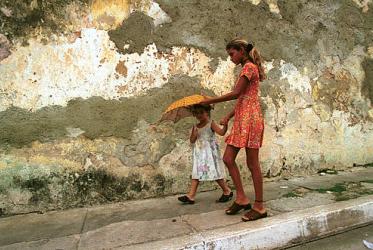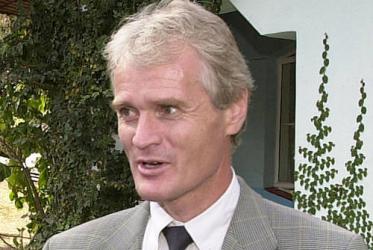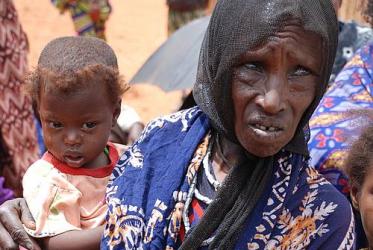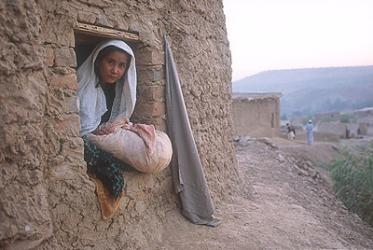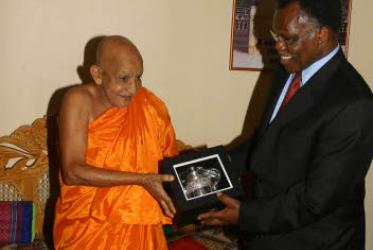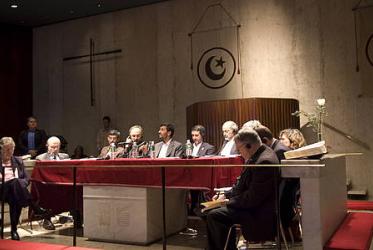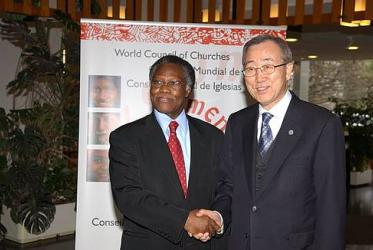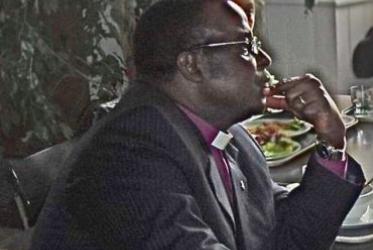Displaying 1041 - 1060 of 1071
Witnesses of faith show the way towards visible unity
04 December 2008
Migrants, too, have human rights
01 December 2008
Pakistan: Ecumenical delegation to support churches amidst conflict
20 November 2008
Wars in Sierra Leone and Liberia are over, peace-building is not
12 November 2008
Kobia sees changing landscape
14 February 2008
WCC general secretary confident about Christian unity progress
25 January 2008

